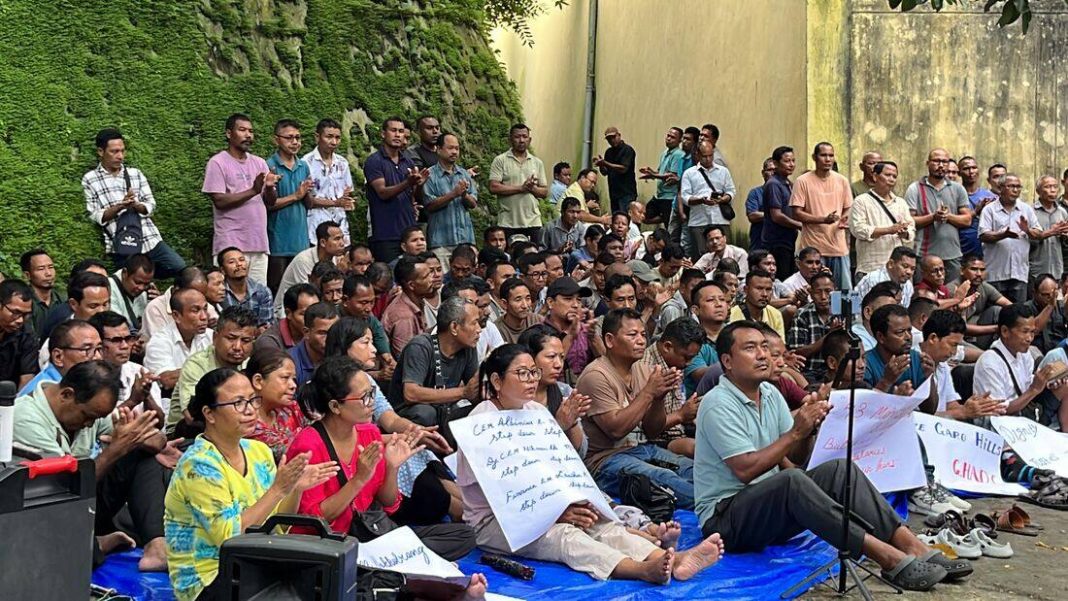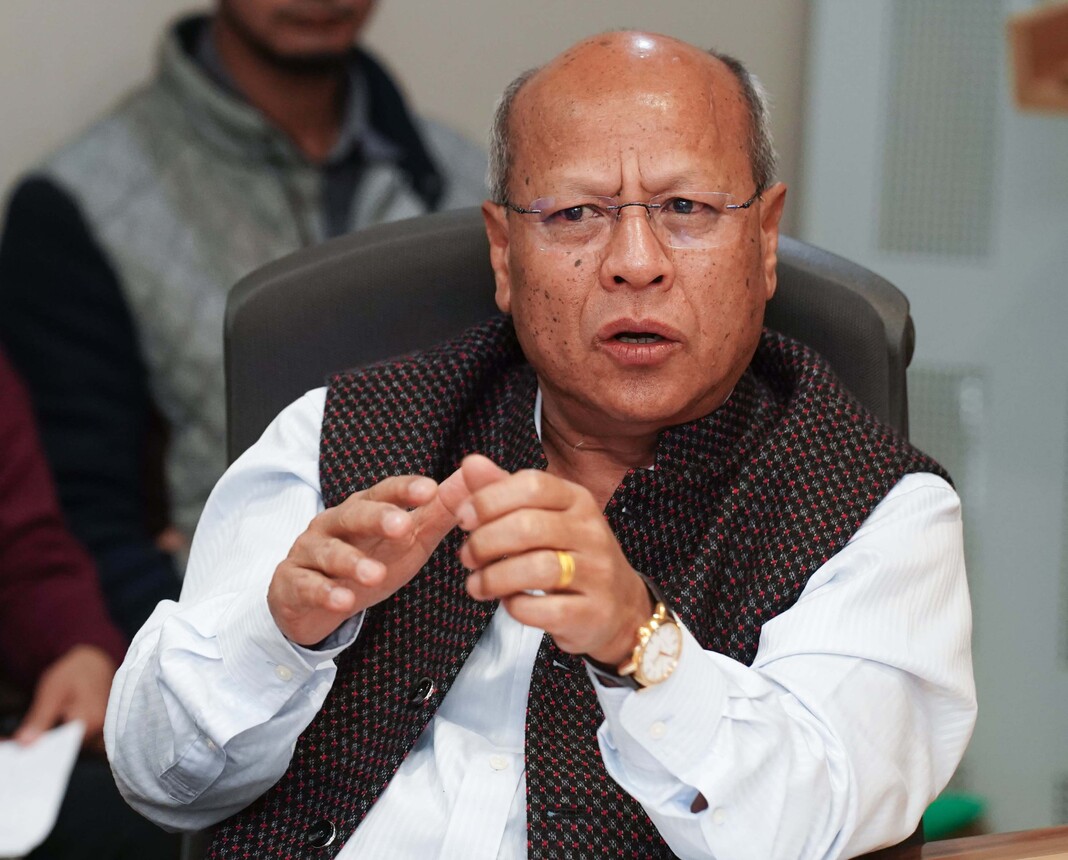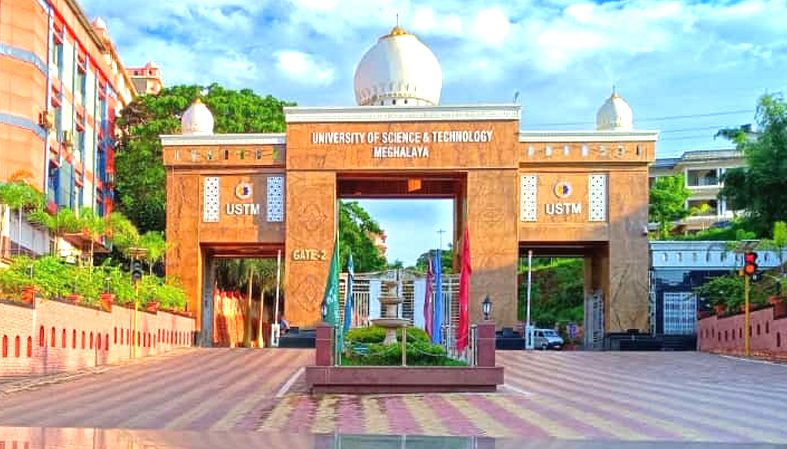Shillong, Sep 25: The Meghalaya High Court has asked West Garo Hills district police chief to persuade GHADC employees, who have been on strike for nearly two months over non-payment of salary, to vacate the Council premises allowing willing workers to resume duty within next seven days.
The direction was passed after hearing a public interest litigation (PIL) filed by Tokyo R Marak seeking the court’s intervention to resolve the prevailing situation arising out of the ongoing strike by non-gazetted staff at the Garo Hills Autonomous District Council (GHADC).
The strike, which began on 29 July 2025, has paralysed the GHADC’s operations, affecting the public at large. The non-gazetted staff have been protesting for payment of 43 months pending salaries and other issues.
The petitioner was also directed to serve notice upon the President or Secretary of the Non-Gazetted Employees Association (NGEA) through the district police.
“It is directed that the Superintendent of Police, West Garo Hills, Tura shall take steps within seven days to alert the respondent No.5, President of the Association about the pendency of the PIL and further to request the agitating employees to remove themselves from the entrance to the GHADC premises , and not to cause any form of obstruction to the persons who are willing to work,” the division bench comprising Acting Chief Justice HS Thangkhiew and Justice B Bhattacharjee said in its order passed on Wednesday.
“It is expected that the respondent No.5 , shall comply with this request to be made by the Superintendent of Police and not to disrupt the work of the GHADC, failing which this Court would be compelled in the public interest and interest of justice to pass further orders,”it added.
Earlier during the hearing, the Advocate General informed the court that the State government had already offered a bailout package by agreeing to pay the agitating non-gazetted staff regular monthly salary with effect from November 2025, including arrears of pay for the last five months and also the offer of the GHADC to pay 12 months pending salaries which the NGEA is reluctant and adamant not to accept.
Counsel for the respondent S Dey also produced a communication dated 23.09.2025 addressed to the NGEA wherein a decision had been made to release the pending salary of 12 months with immediate effect and further that within two years, the remaining salary will be paid in three instalments and also that the current monthly salary will be paid regularly with effect from November 1, 2025.
Dey informed that even this offer has been rejected by the NGEA. The matter has been listed for further hearing on October 7, 2025.




